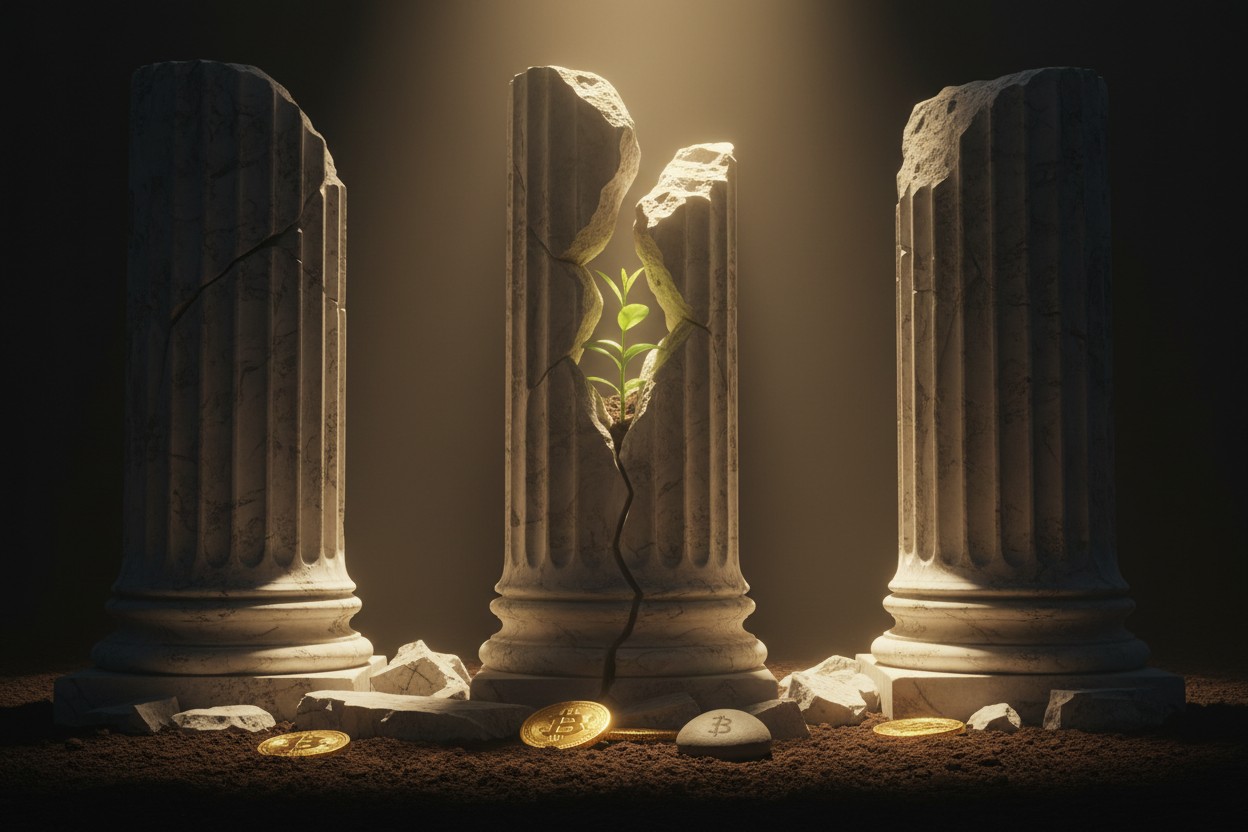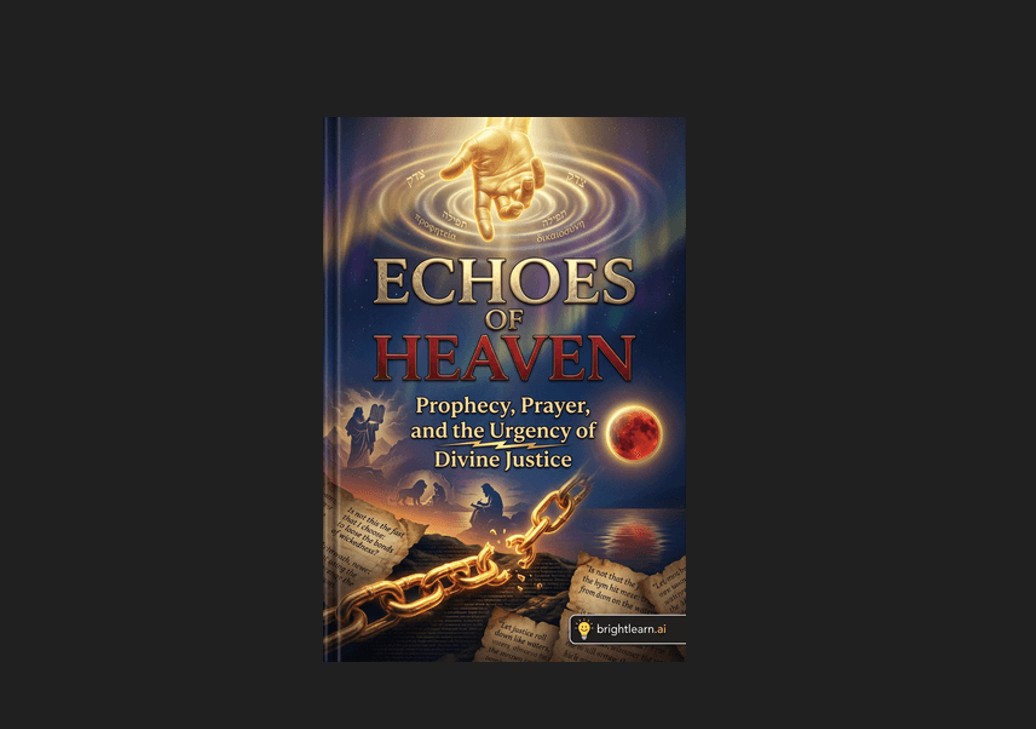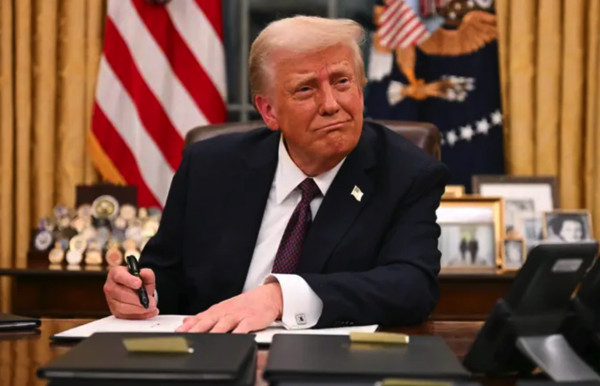© Brighteon.com All Rights Reserved. All content posted on this site is commentary or opinion and is protected under Free Speech. Brighteon is not responsible for comments and content uploaded by our users.
This channel has partnered with the Brighteon Store and receives a small commission from all sales generated from an affiliate link.
Click the shop now button below to help out this channel.
In "Uncertain Peril: Genetic Engineering and the Future of Seeds," Claire Hope Cummings delves into the profound and contentious world of agricultural biotechnology, exploring the implications of genetic engineering on seeds, the very foundation of our food system. The narrative begins with a pivotal moment in 1999 at the University of California, Berkeley, where James D. Watson, co-discoverer of the DNA double helix, defends the "certain promise" of genetic engineering while dismissing public concerns, highlighting the power dynamics and lack of transparency between science, industry and society. Cummings further examines the historical context, such as the Asilomar Conference of 1975, where scientists self-regulated genetic engineering, effectively sidelining public discourse and leading to a "soft tyranny of the technological elite." This exclusion has resulted in a world where a few corporations dominate agricultural biotechnology, prioritizing profit over the rights of farmers and consumers, as evidenced by the aggressive patent enforcement tactics of companies like Monsanto (now Bayer CropScience). The book also delves into the environmental consequences of genetically engineered crops, such as increased herbicide use and the rise of "superweeds," as well as the ethical dilemmas posed by projects like golden rice. Despite these challenges, Cummings finds hope in the growing movement of farmers, scientists and activists who advocate for organic farming, seed saving and sustainable practices. She highlights inspiring examples like the Land Institute's work on perennial grains and the resistance against biocolonialism in Hawaii, where the sacred taro plant is being protected from genetic modification. Ultimately, "Uncertain Peril" is a call to action, urging readers to support local farmers, choose organic and non-GMO products and advocate for policies that prioritize sustainability and biodiversity, recognizing that the future of seeds is inextricably linked to the future of life on Earth.
For more videos, visit BrightLearn.ai
Find a copy of this amazing book here




